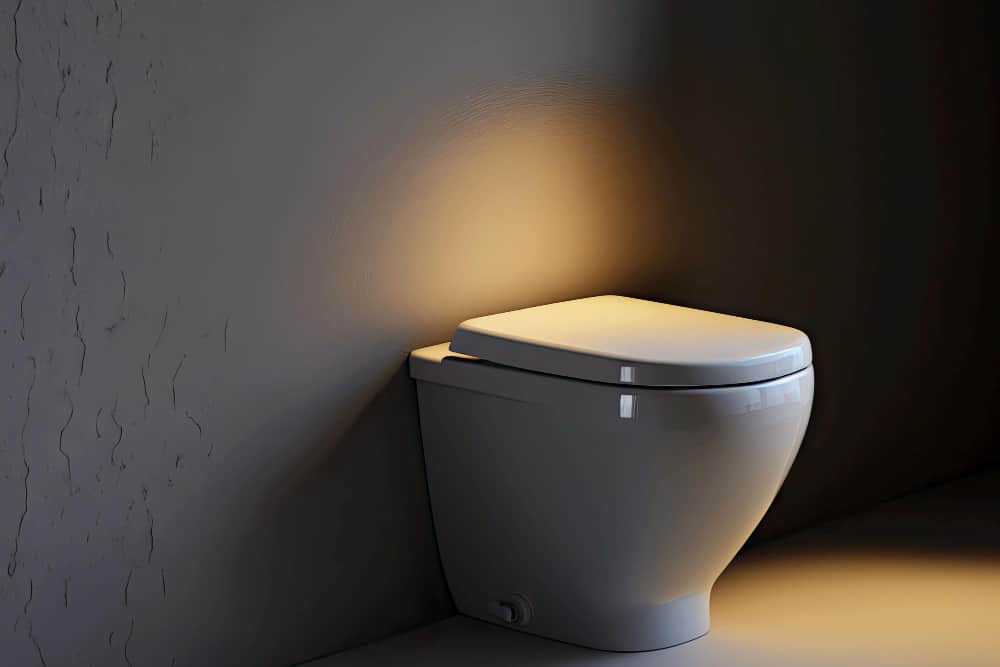Starting your very own kitchen herb garden is like creating a mini-farm right inside your house. These little plants can make your meals taste amazing, make your kitchen smell like heaven, and even make it look prettier. If you’re thinking about giving your kitchen a new look, adding some herbs is a fantastic idea. Let’s chat about why starting a kitchen herb garden is fun and easy!
Why Having a Kitchen Herb Garden is Life-Changing
- Fresh Herbs Whenever You Want: Picture this: you’re cooking spaghetti and you reach over to pick some fresh basil right there in your kitchen. Imagine having a home-grown organic herbs with a reach of your hand.
- It’s Easy: You don’t need to be a garden wizard to grow herbs. They’re pretty easy-going and don’t need too much fuss.
- Beautifies Your Kitchen: Herbs are not only green and lovely but adding them to your kitchen makes the space feel more welcoming and alive.
Setting Up Your Herb Garden: A Step-by-Step Guide
- Picking Your Herbs: Starting with herbs that are easy to grow is smart. Basil, mint, and parsley are great starters because they grow quickly and don’t need too much special care. You’ll feel like a green thumb in no time!
- The Right Pots: Choose pots that have holes in the bottom. This is really important because it lets the extra water escape, so the herb roots don’t get too wet and yucky.
- The Perfect Spot: Herbs love sunlight. They need it to grow big and strong. Try to find a spot in your kitchen that gets lots of sunlight for most of the day. A window sill is often a perfect spot.
How to Keep Your Herbs Happy and Healthy
- Basil: This herb is a sun worshipper. It likes a lot of light and regular watering, but make sure not to drown it. Snipping the top leaves every now and then makes the plant grow fuller and bushier.
- Mint: Mint has a mind of its own and likes to spread out. Keeping it in its own pot is wise. It prefers its soil to be a bit moist, so don’t let it dry out completely.
- Parsley: Parsley enjoys a good amount of sunlight but it’s okay with a little shade too. Water it when the top of the soil starts to feel dry.
- Rosemary: This herb likes it on the drier side. It’s happiest in soil that drains well and needs less water compared to some other herbs. It loves soaking up the sun.
- Thyme: Thyme is pretty unique. It doesn’t ask for much water and loves sunlight. Let the soil dry out before watering it again.
Extra Tips for Growing Super Herbs
- Sunlight: Herbs love the sun. They need about 6 hours of sunlight each day to grow well.
- Watering: It’s easy to overwater herbs. Check the soil first; if it’s dry, it’s time to water. If it’s still damp, wait a bit.
- Soil: Pick a soil that lets water through easily. This keeps your herbs’ roots from getting too wet.
- Feeding Your Herbs: A little plant food every now and then helps your herbs grow strong and tasty.
- Trimming: Cutting your herbs regularly encourages them to grow more and stops them from getting too big.
By following these tips, your kitchen herb garden will not just survive but will thrive. That means fresh, tasty herbs for your meals, a lovely aroma in your kitchen, and a nice touch of green that looks great.
Making Herbs a Big Part of Your Kitchen’s Look
When you’re changing up your kitchen, think about making herbs part of the new look. They’re not just pretty: they’re useful too.
- Built-In Planters: Imagine having special spots built right into parts of your kitchen, like the counter or by the window, where herbs can grow. They’ll look super neat and be right there when you need them.
- Vertical Gardens: If you don’t have much space, a garden that grows up a wall can be a great way to add green without taking up counter space. It’s pretty and practical.
- Place Herbs Where You’ll Use Them: Keep herbs like basil and parsley close to where you cook. That way, they’re easy to grab when you’re in the middle of making a dish.
- Pots That Can Move: If built-in spots don’t work for you, use pots that you can move around. This lets you put your herbs where they get the best light, and you can move them if you need to.
Why a Kitchen Herb Garden is a Game-Changer
Adding a kitchen herb garden is a simple change that has a big impact. You get fresh herbs for your cooking, which makes everything taste better. Your kitchen will smell amazing, and the greenery adds a lively touch to the space. Following these easy steps, you can create a little green oasis in your kitchen that you’ll absolutely love.
For more fun and simple ideas on making your kitchen the best part of your home, check out our Instagram community at vkbkitchenandbath. Whether you’re looking for ways to spruce up your space or complete kitchen makeovers, we’ve got loads of tips and advice to help you make your kitchen truly special.
By bringing a bit of the garden indoors, you’re not just adding beauty to your kitchen; you’re also creating a healthier, happier space. Fresh herbs can inspire you to cook more at home, making meals from scratch that are healthier and more delicious. Plus, taking care of your plants can be a relaxing hobby that brings a sense of peace and accomplishment.
Conclusion
Remember, starting small is okay. You don’t need to grow a huge variety of herbs right away. Pick one or two that you use a lot in your cooking and start from there. As you get more comfortable, you can add more herbs to your garden.
Getting kids involved in gardening can be a fun way to teach them about where food comes from and encourage them to try new flavors. Herbs are great for beginners, including kids, because they grow quickly and are easy to take care of.
So, what are you waiting for? Start planning your kitchen herb garden today. It’s a small step that can make your kitchen a more enjoyable, flavorful, and beautiful part of your home.
Frequently Asked Questions
Q1: Can I grow herbs if I don’t have a window with enough sunlight?
Yes, you can! If you don’t have a sunny window, you can use a grow light. Grow lights are special lights that help plants grow indoors. Just turn it on for about 6 hours a day, and your herbs can grow just like they would in the sunlight.
Q2: How do I know when to water my herbs?
Check the top of the soil with your finger. If it feels dry, it’s time to give your herbs some water. If it feels wet or damp, wait a bit longer before watering. This helps make sure you don’t give them too much water.
Q3: Can I use regular dirt from my yard for my herb pots?
It’s better to use potting soil for your herbs. Potting soil is special because it helps water drain better and has nutrients that help your herbs grow. Dirt from the yard might not let water drain well and could have bugs or weeds.
Q4: Do herbs need special plant food?
Herbs don’t need a lot of extra food, but giving them a little plant food every once in a while can help them grow better. Look for plant food that says it’s good for vegetables and herbs, and follow the instructions on how much to use.
Q5: What should I do with my herbs in the winter?
Many herbs can live inside during the winter. Keep them in a spot where they get enough light and aren’t too cold. If you have herbs outside that can’t live through winter, you can try to move them indoors or use their leaves to make dried herbs for cooking.



